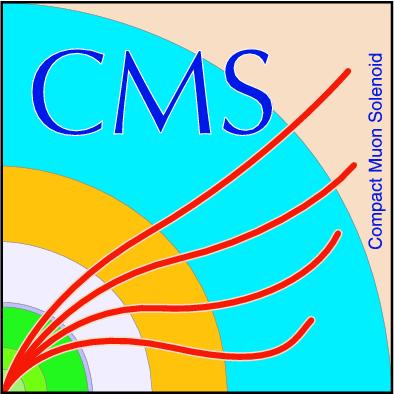
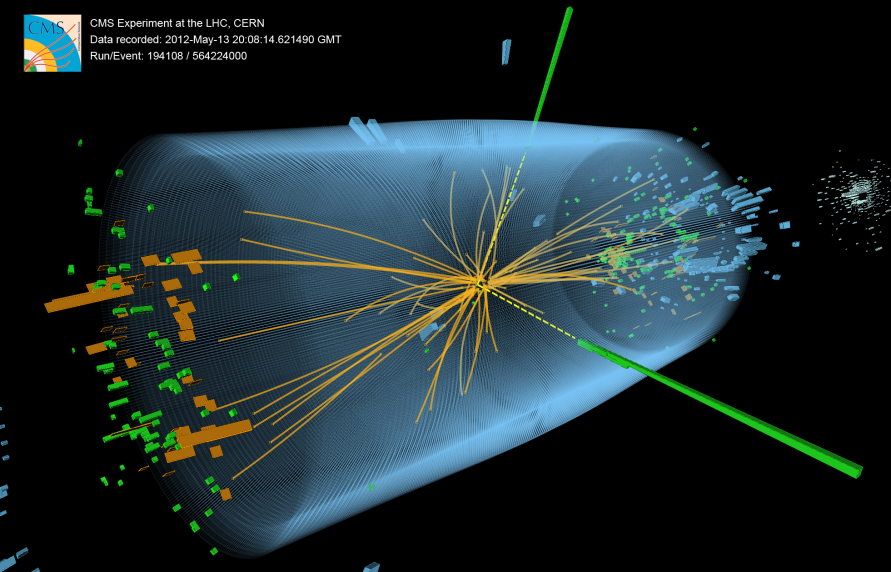
Compact Muon Solenoid
LHC, CERN
| CMS-EXO-12-038 ; CERN-PH-EP-2014-256 | ||
| Search for long-lived neutral particles decaying to quark-antiquark pairs in proton-proton collisions at $\sqrt{s}$ = 8 TeV | ||
| CMS Collaboration | ||
| 25 November 2014 | ||
| Phys. Rev. D 91 (2015) 012007 | ||
| Abstract: A search is performed for long-lived massive neutral particles decaying to quark-antiquark pairs. The experimental signature is a distinctive topology of a pair of jets, originating at a secondary vertex. Events were collected with the CMS detector at the CERN LHC in proton-proton collisions at a centre-of-mass energy of 8 TeV. The data analyzed correspond to an integrated luminosity of 18.5$~\mathrm{fb^{-1} }$. No significant excess is observed above standard model expectations. Upper limits at 95% confidence level are set on the production cross section of a heavy neutral scalar particle, $\mathrm{H}$, in the mass range of 200 to 1000$~\mathrm{GeV}$, decaying promptly into a pair of long-lived neutral $\mathrm{X}$ particles in the mass range of 50 to 350$~\mathrm{GeV}$, each in turn decaying into a quark-antiquark pair. For $\mathrm{X}$ with mean proper decay lengths of 0.4 to 200$~\mathrm{cm}$, the upper limits are typically 0.5--200$~\mathrm{fb}$. The results are also interpreted in the context of an R-parity-violating supersymmetric model with long-lived neutralinos decaying into a quark-antiquark pair and a muon. For pair production of squarks that promptly decay to neutralinos with mean proper decay lengths of 2--40$~\mathrm{cm}$, the upper limits on the cross section are typically 0.5--3$~\mathrm{fb}$. The above limits are the most stringent on these channels to date. | ||
| Links: e-print arXiv:1411.6530 [hep-ex] (PDF) ; CDS record ; inSPIRE record ; Public twiki page ; CADI line (restricted) ; | ||
| Figures | |
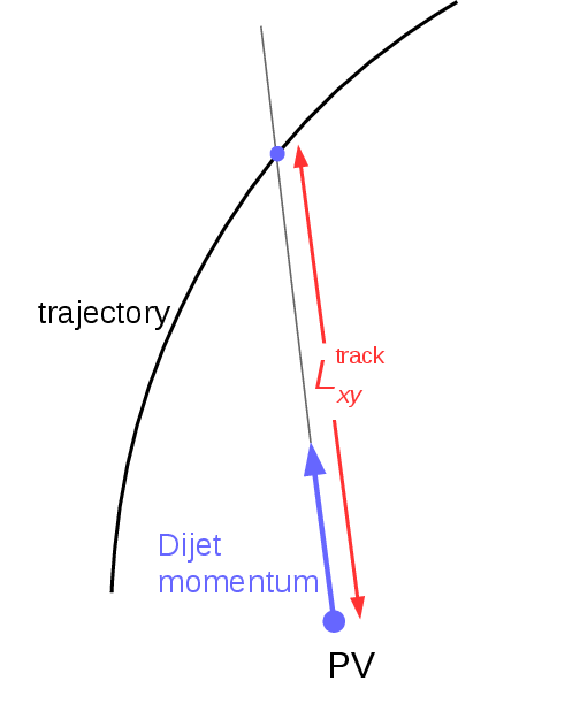
png pdf |
Figure 1:
|
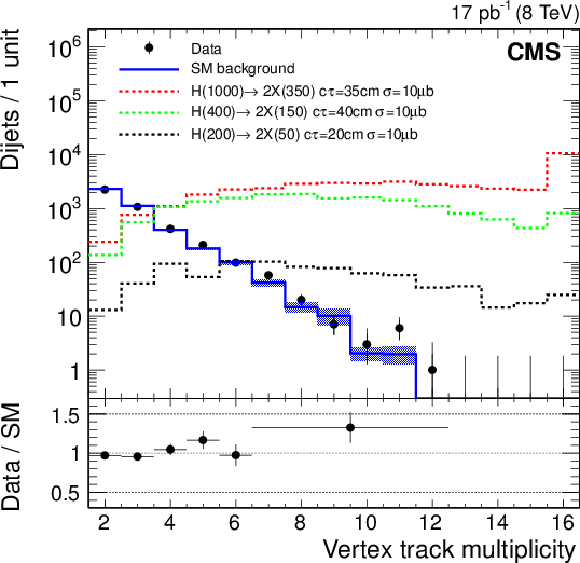
png pdf |
Figure 2-a:
|
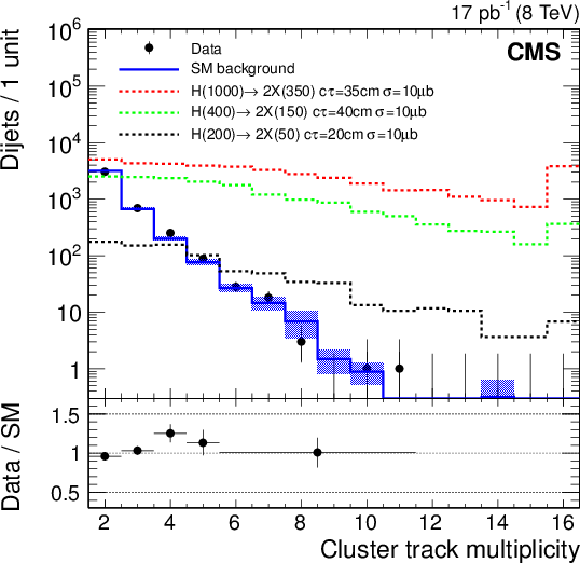
png pdf |
Figure 2-b:
|
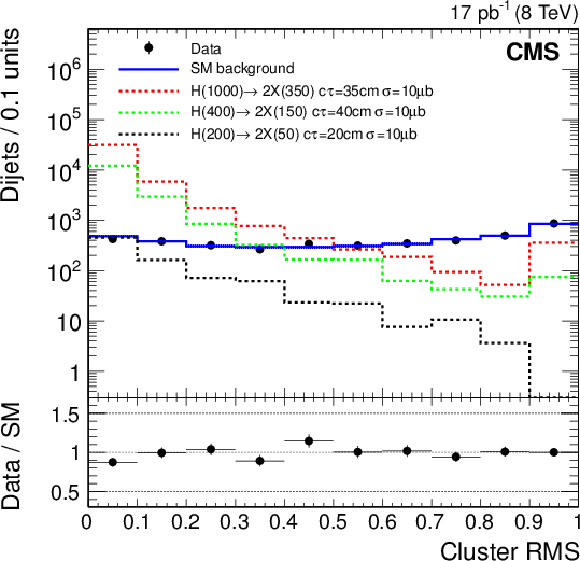
png pdf |
Figure 2-c:
|
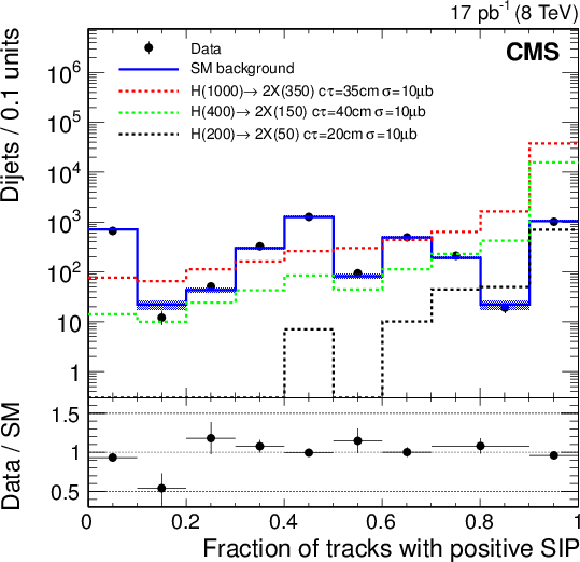
png pdf |
Figure 2-d:
|
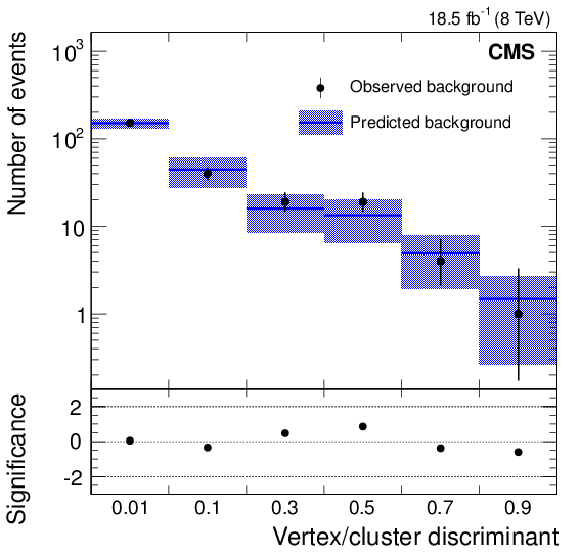
png pdf |
Figure 3-a:
|
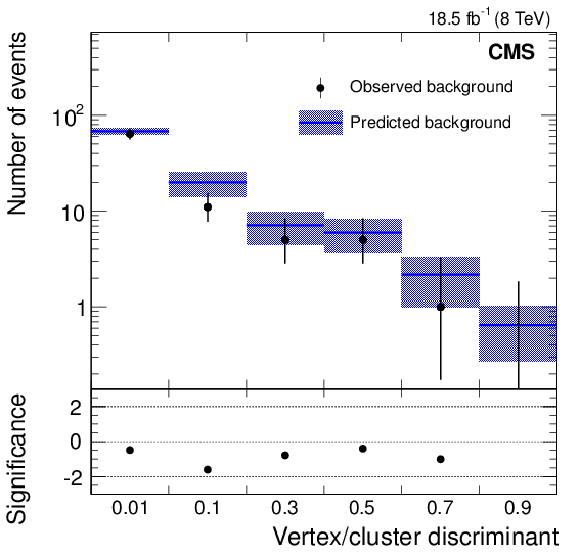
png pdf |
Figure 3-b:
|
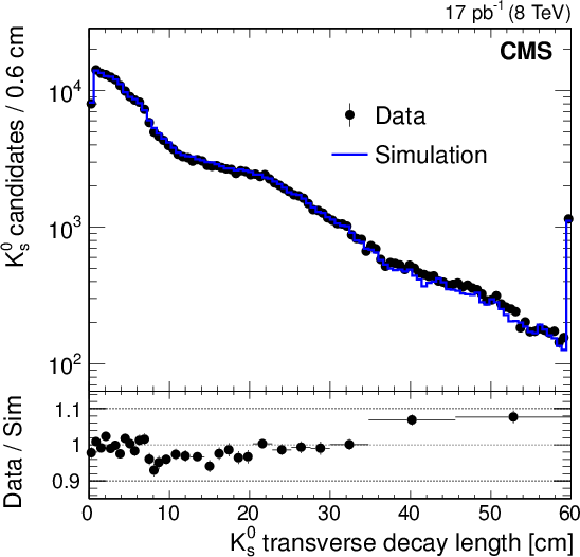
png pdf |
Figure 4-a:
|
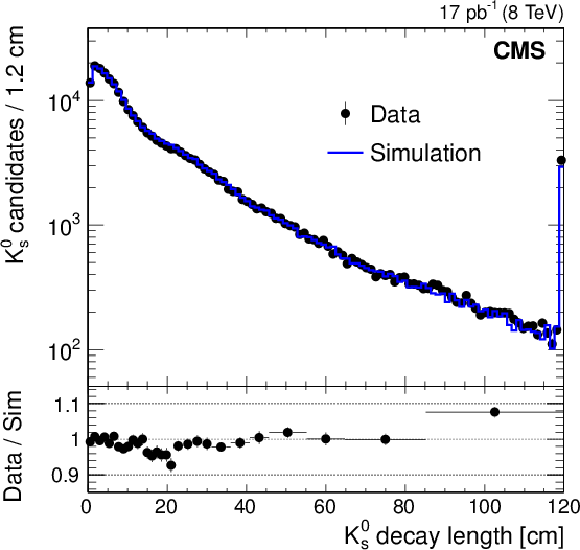
png pdf |
Figure 4-b:
|
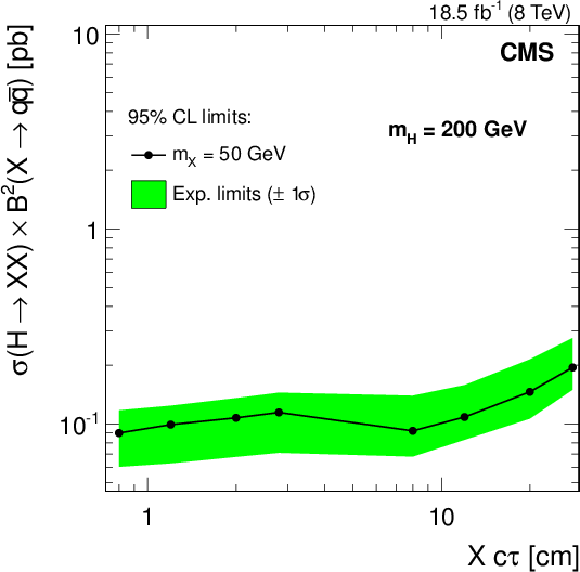
png pdf |
Figure 5-a:
|
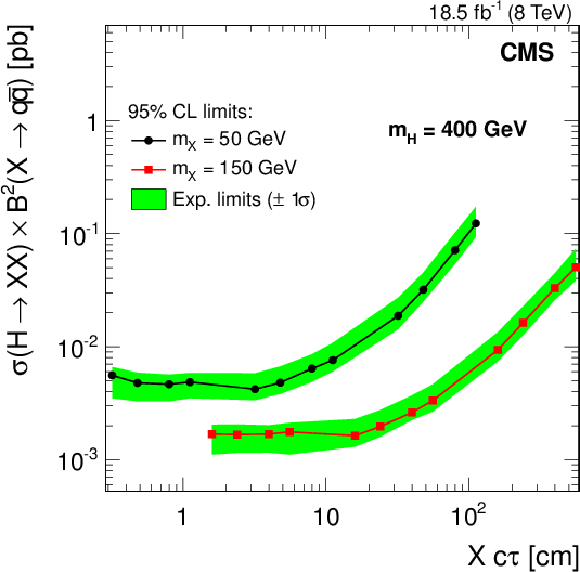
png pdf |
Figure 5-b:
|
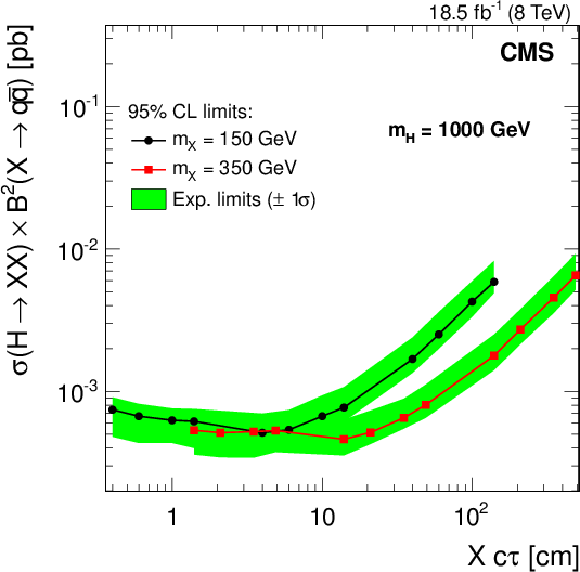
png pdf |
Figure 5-c:
|
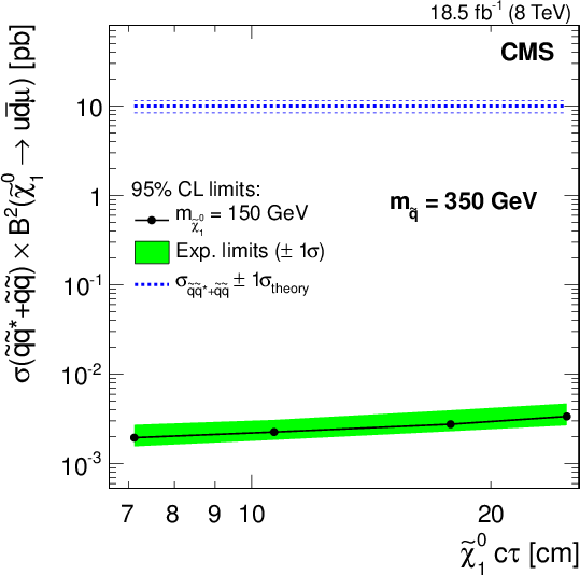
png pdf |
Figure 6-a:
|
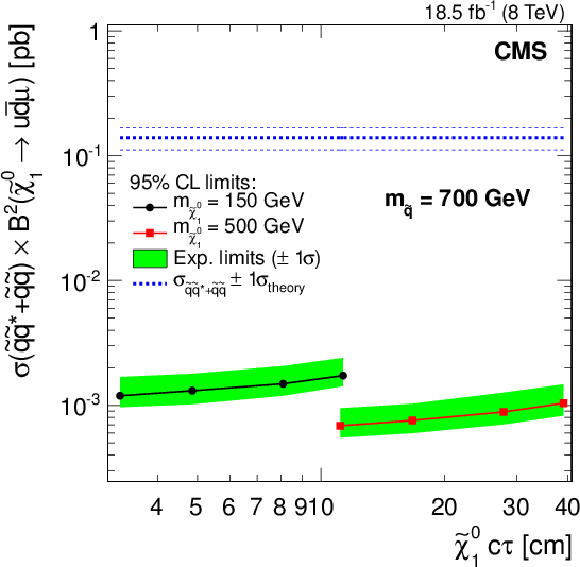
png pdf |
Figure 6-b:
|
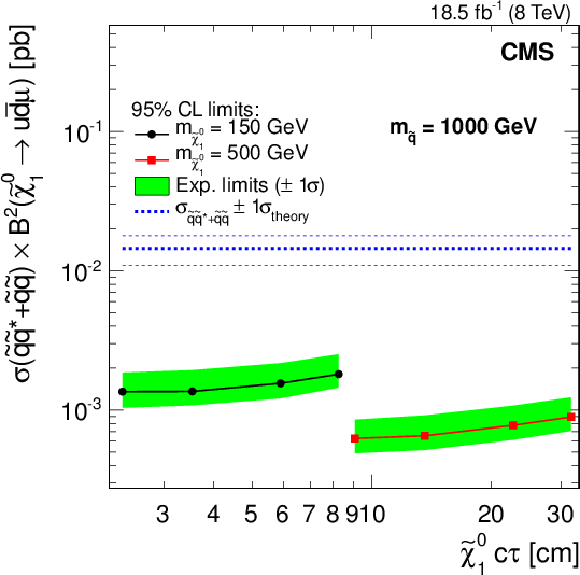
png pdf |
Figure 6-c:
|
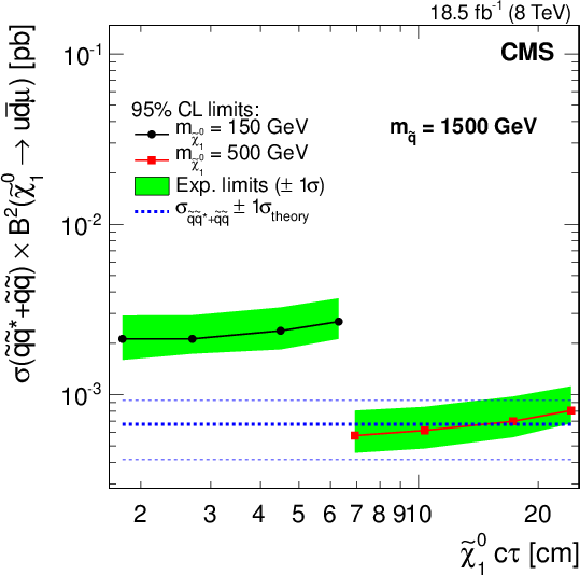
png pdf |
Figure 6-d:
|

|
Compact Muon Solenoid LHC, CERN |
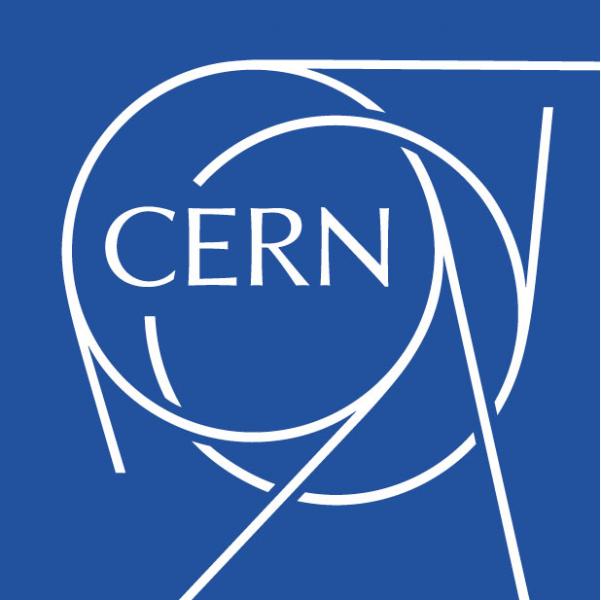
|
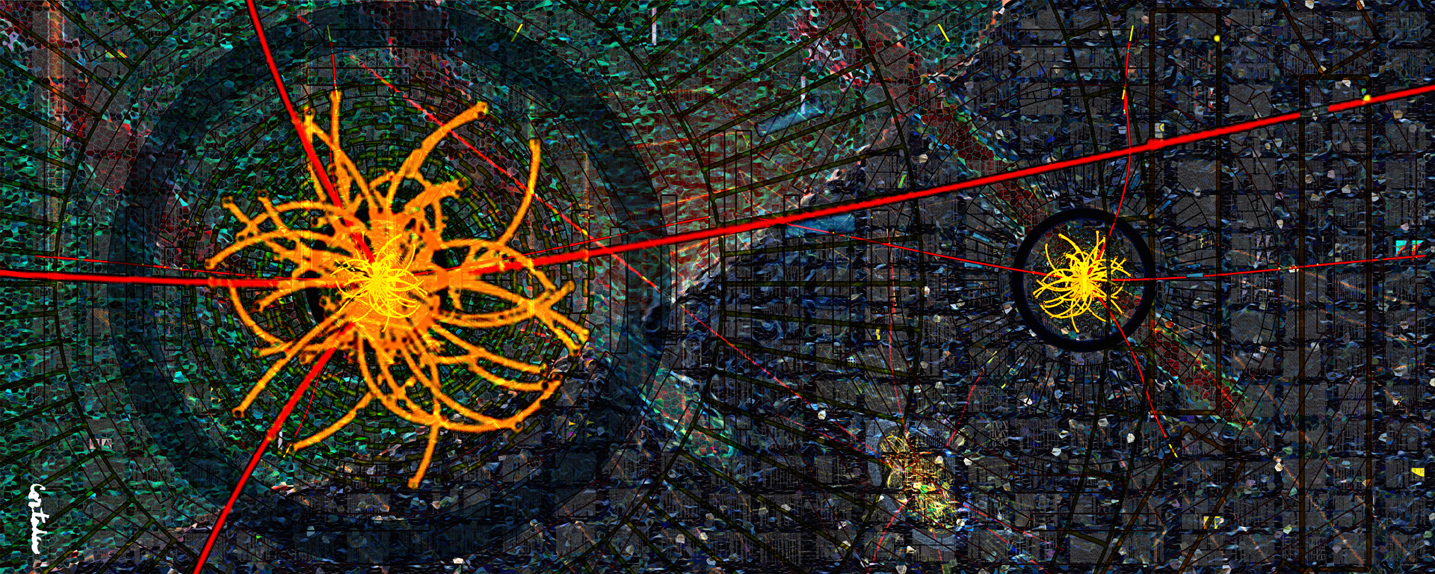
|
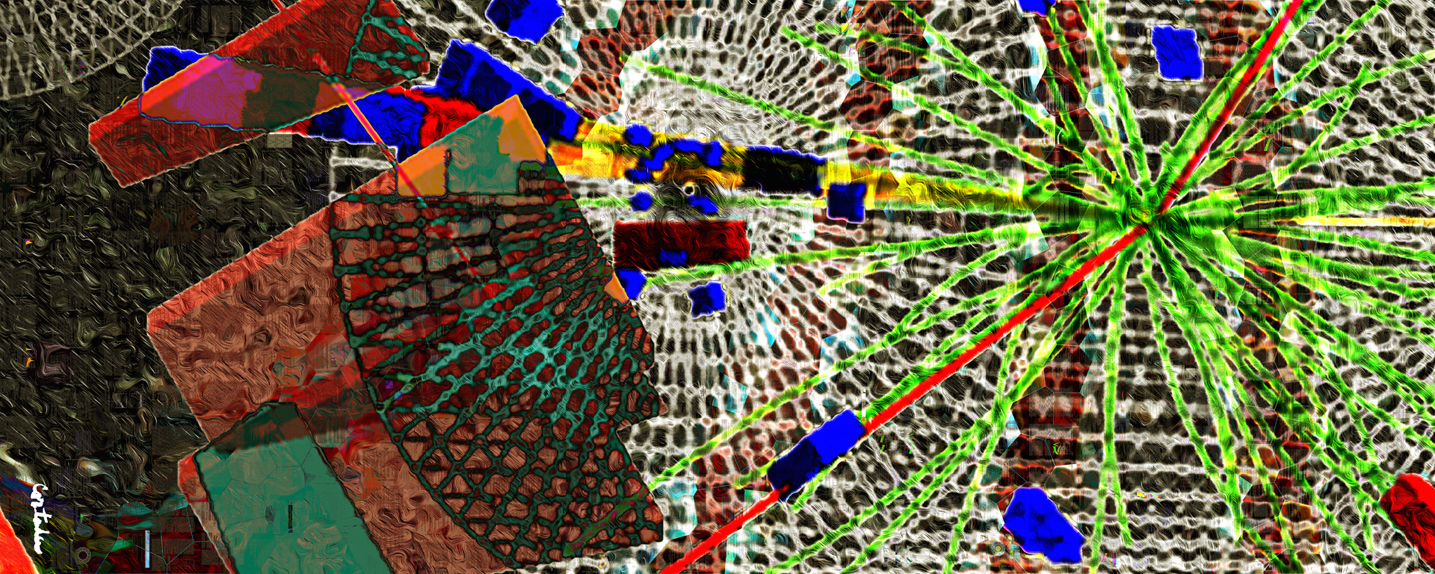
|
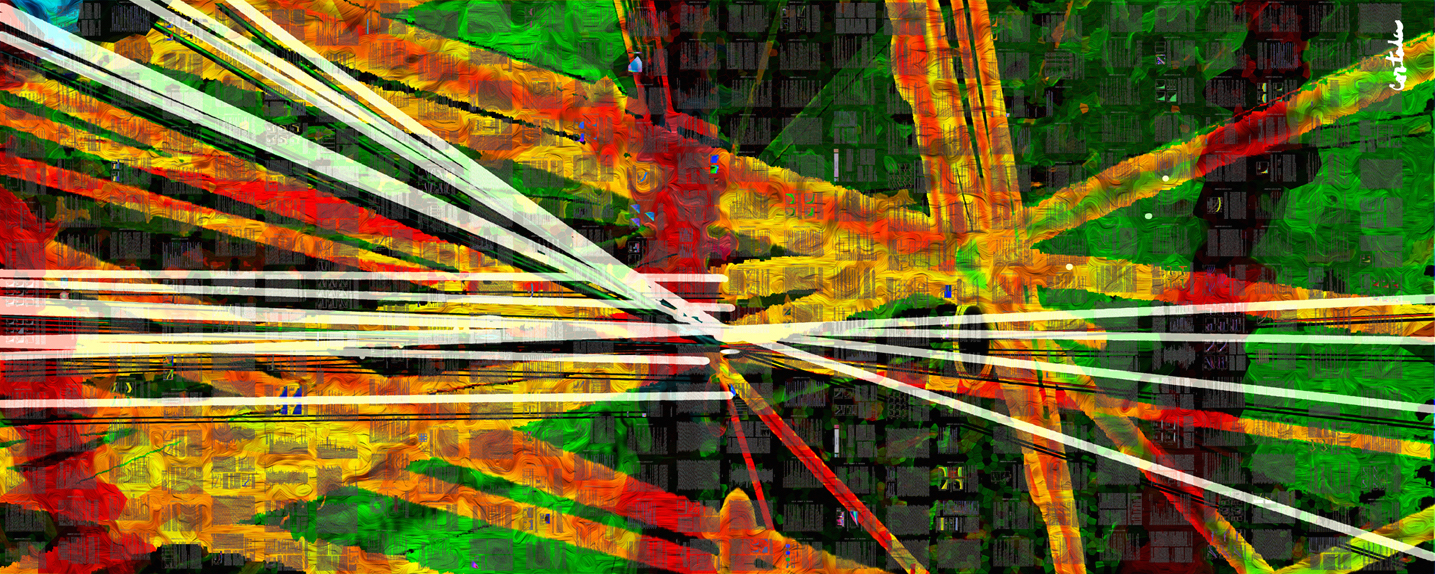
|
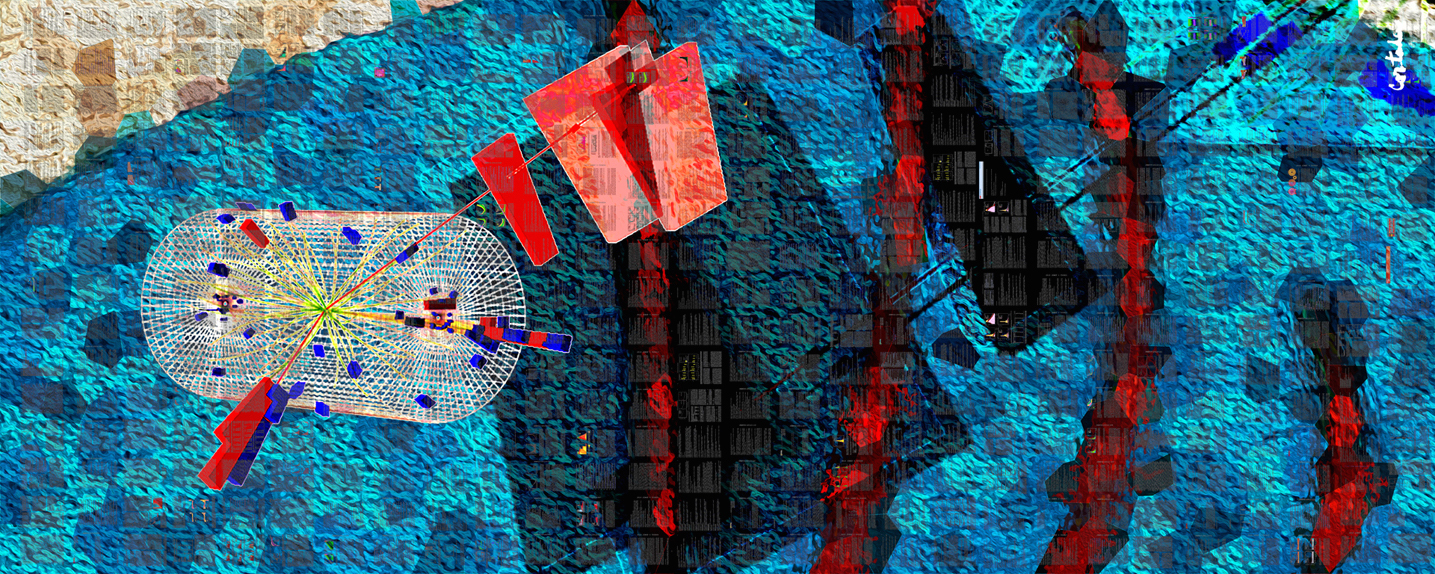
|
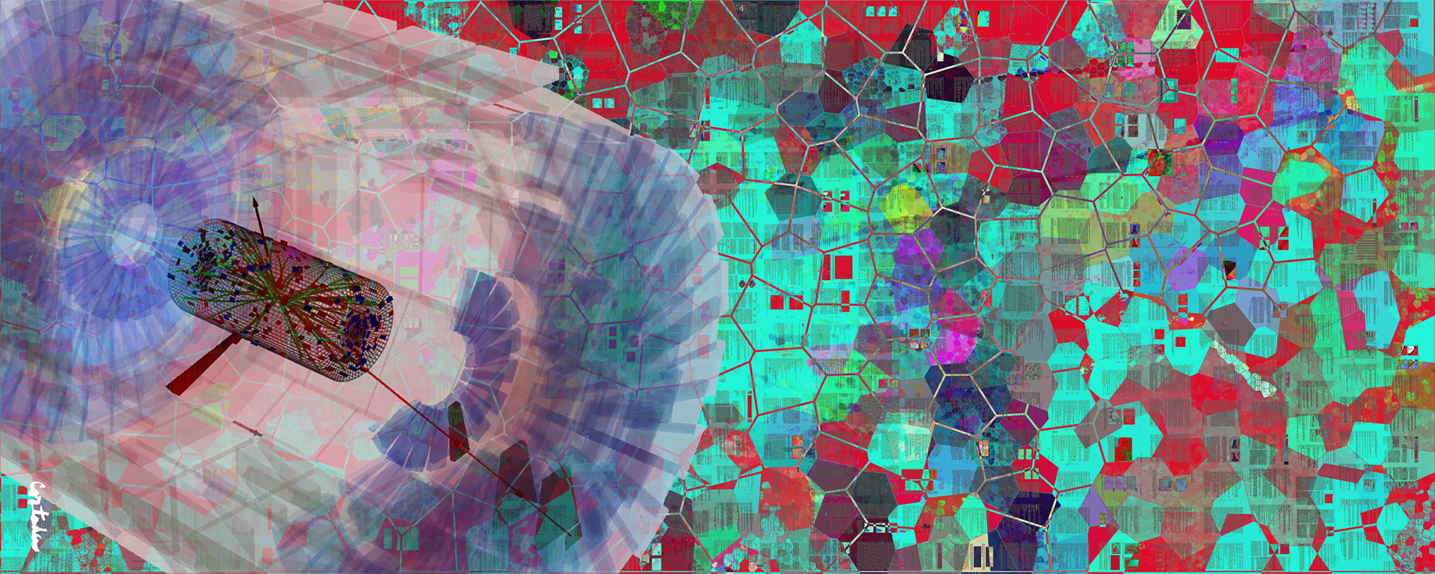
|